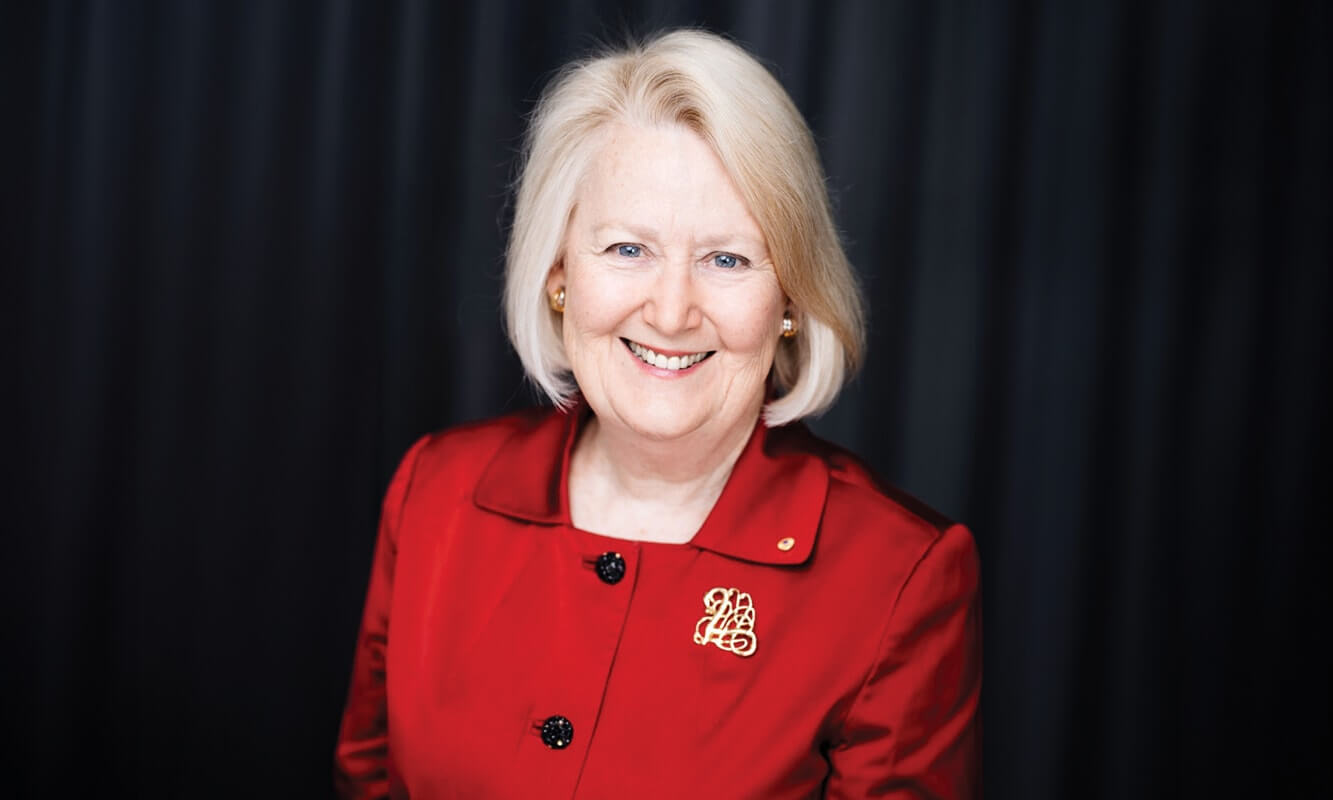Leading domestic violence and law reform sector advocate Angela Lynch AM this week announced her retirement as CEO of Women’s Legal Service Queensland (WLSQ).
WLSQ President and Chair Dominique Lamb said Ms Lynch had spent 27 years pursuing safety and justice for vulnerable women and children affected by domestic and sexual violence.
She said Ms Lynch had become a recognised leader in the domestic violence sector both in Queensland and nationally, culminating in being awarded the Member of the Order of Australia (AM) in 2019 for her service to victims of domestic and family violence.
Ms Lamb said: “Angela Lynch has been a wholehearted advocate for women and for law reform in Queensland. She has made an enormous contribution to Women’s Legal Service Queensland and to its clients over the past 27 years.
“We wish her every success in her future endeavours.”
Ms Lynch’s many contributions to WLSQ’s advocacy, which have positively impacted changes to laws and legal processes, include:
- Development of “vulnerable witness laws” in 2018, to prevent direct cross examination of domestic violence victims by their abusers in family law and the funding of a national scheme through state Legal Aid offices.
- A policy for nationally consistent laws in sexual violence which the Federal Government has just adopted and for a National Safety Summit on Women’s Safety which was held recently.
- the introduction of a sexual assault counselling notes privilege into Queensland legislation in 2017. The Queensland Government subsequently funded the Counselling Notes Protect Service, a partnership between Legal Aid Queensland and WLSQ for the delivery of legal services to victims of sexual violence who sought to have their confidential counselling notes protected from disclosure in the criminal and domestic violence courts.
- Establishment of a Queensland taskforce to consider the issue of women and the criminal justice system. The Women’s Justice and Safety Taskforce was established in 2021 and is led by the Honourable Margaret McMurdo AC to consider the issue of coercive control and other issues of interest, such as sexual violence and women in prison.
- Establishment of a COVID-19 list in the Family Court in March 2020, to urgently respond to parenting disputes affected by COVID-19 and specifically those impacted by violence and abuse. The list changed the face of how family law matters are responded to in Australia providing urgent electronic hearings within 72 hours, triage and safety focus, and providing genuine geographical access of the court to non-metropolitan areas.
- Together with Professor Rachael Field, co-authoring the Coordinated Family Dispute Resolution (CFDR) model of family dispute resolution, developed for the federal Attorney-General’s Department in 2011 for families where there was violence. The model was piloted in five sites across Australia and evaluated by the Australian Institute of Families Studies. In 2011, Rachael and Angela were invited to speak at a forum in China on the CFDR model by the Australian Human Rights Commission. The model was influential and continues to impact on current mediation models practised in Australia today.
During her tenure, WLSQ experienced exponential growth in services to vulnerable women including:
- significant increases in the number of women assisted each year
- establishment of the Caboolture Domestic Violence Unit and the Health Justice Partnership with the Caboolture and Redcliffe hospitals
- establishment of the Financial Abuse Prevention Unit and the funding of a financial counsellor
- establishment of the Counselling Notes Protect service for sexual violence victims in partnership with Legal Aid Queensland
- development of the innovative Remote Volunteering Program and its ongoing funding
- establishment of the Divorce Clinic for Vulnerable Women and the innovative use of commercial lawyers in the program
- increased funding of the Helpline during COVID to respond to the increased demand for services
- increased ongoing funding for the social work program.







Share this article